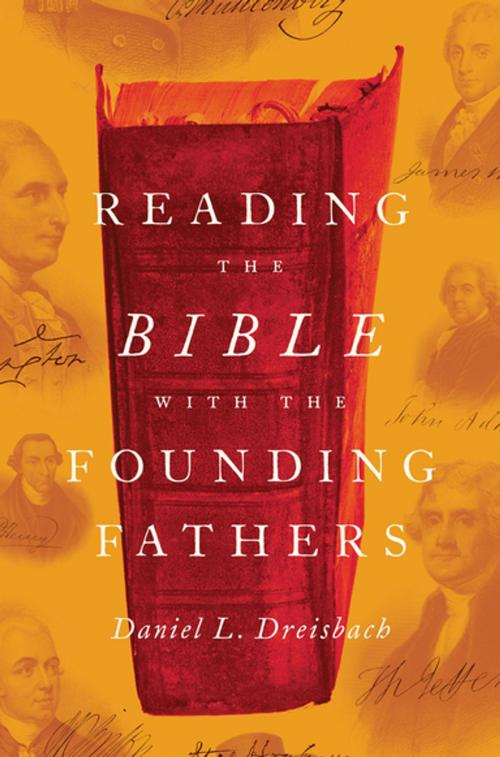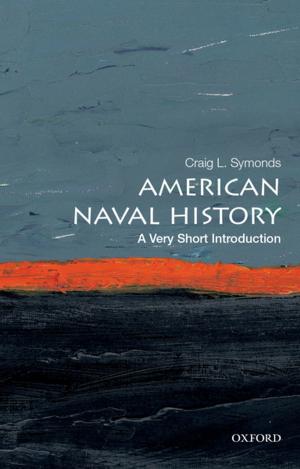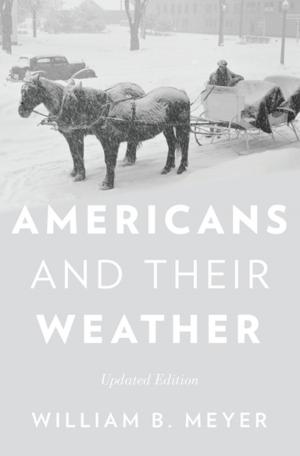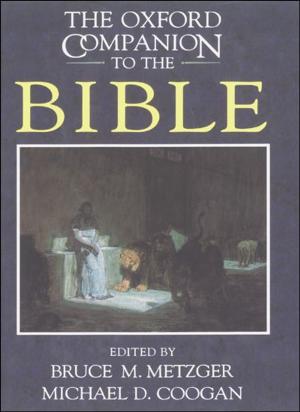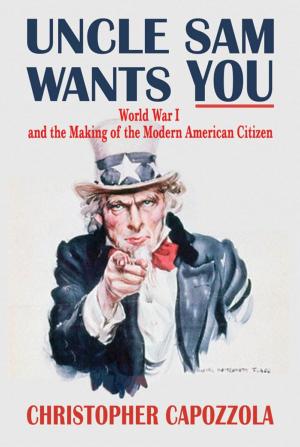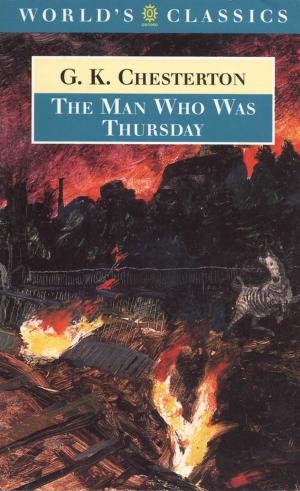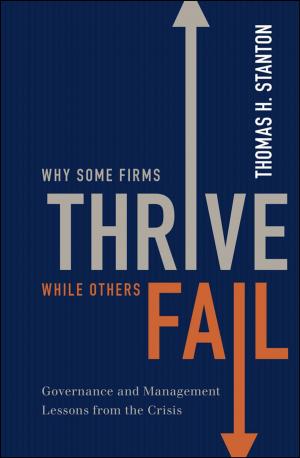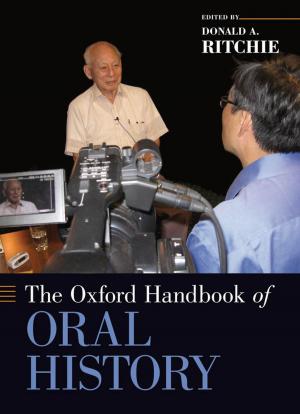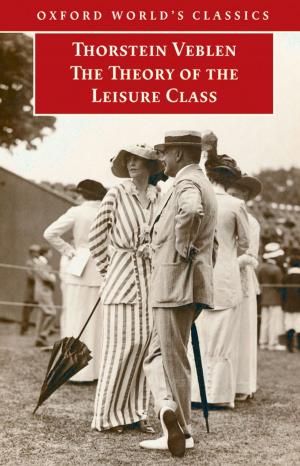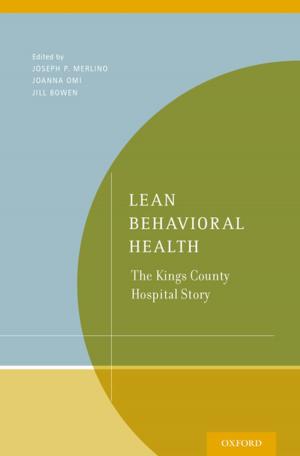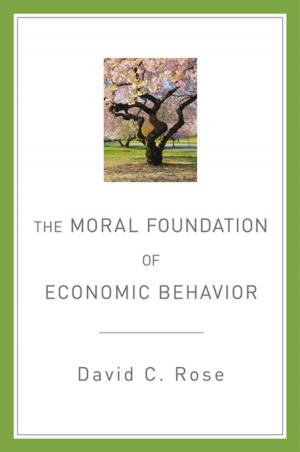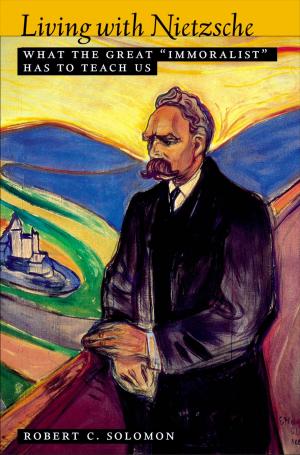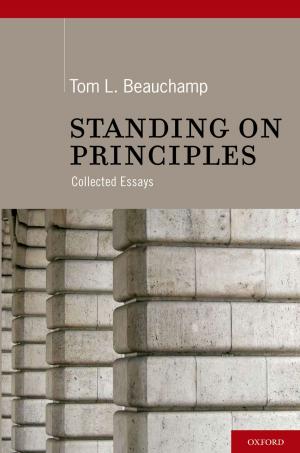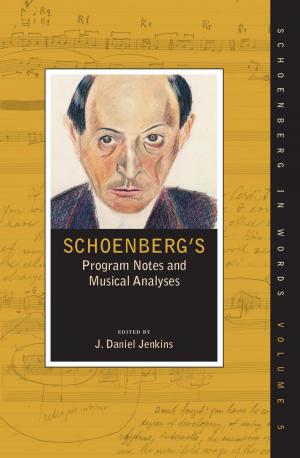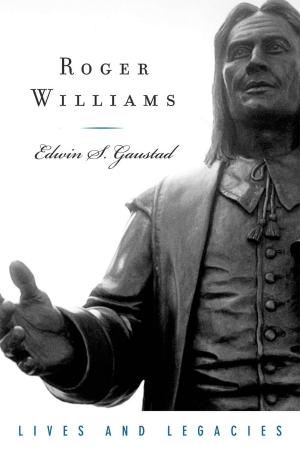Reading the Bible with the Founding Fathers
Nonfiction, Religion & Spirituality, Christianity, Church, Church History, History, Americas, United States, Revolutionary Period (1775-1800), Social & Cultural Studies, Political Science, Politics, History & Theory| Author: | Daniel L. Dreisbach | ISBN: | 9780199987955 |
| Publisher: | Oxford University Press | Publication: | November 1, 2016 |
| Imprint: | Oxford University Press | Language: | English |
| Author: | Daniel L. Dreisbach |
| ISBN: | 9780199987955 |
| Publisher: | Oxford University Press |
| Publication: | November 1, 2016 |
| Imprint: | Oxford University Press |
| Language: | English |
No book was more accessible or familiar to the American founders than the Bible, and no book was more frequently alluded to or quoted from in the political discourse of the age. How and for what purposes did the founding generation use the Bible? How did the Bible influence their political culture? Shedding new light on some of the most familiar rhetoric of the founding era, Daniel Dreisbach analyzes the founders' diverse use of scripture, ranging from the literary to the theological. He shows that they looked to the Bible for insights on human nature, civic virtue, political authority, and the rights and duties of citizens, as well as for political and legal models to emulate. They quoted scripture to authorize civil resistance, to invoke divine blessings for righteous nations, and to provide the language of liberty that would be appropriated by patriotic Americans. Reading the Bible with the Founding Fathers broaches the perennial question of whether the American founding was, to some extent, informed by religious--specifically Christian--ideas. In the sense that the founding generation were members of a biblically literate society that placed the Bible at the center of culture and discourse, the answer to that question is clearly "yes." Ignoring the Bible's influence on the founders, Dreisbach warns, produces a distorted image of the American political experiment, and of the concept of self-government on which America is built.
No book was more accessible or familiar to the American founders than the Bible, and no book was more frequently alluded to or quoted from in the political discourse of the age. How and for what purposes did the founding generation use the Bible? How did the Bible influence their political culture? Shedding new light on some of the most familiar rhetoric of the founding era, Daniel Dreisbach analyzes the founders' diverse use of scripture, ranging from the literary to the theological. He shows that they looked to the Bible for insights on human nature, civic virtue, political authority, and the rights and duties of citizens, as well as for political and legal models to emulate. They quoted scripture to authorize civil resistance, to invoke divine blessings for righteous nations, and to provide the language of liberty that would be appropriated by patriotic Americans. Reading the Bible with the Founding Fathers broaches the perennial question of whether the American founding was, to some extent, informed by religious--specifically Christian--ideas. In the sense that the founding generation were members of a biblically literate society that placed the Bible at the center of culture and discourse, the answer to that question is clearly "yes." Ignoring the Bible's influence on the founders, Dreisbach warns, produces a distorted image of the American political experiment, and of the concept of self-government on which America is built.
